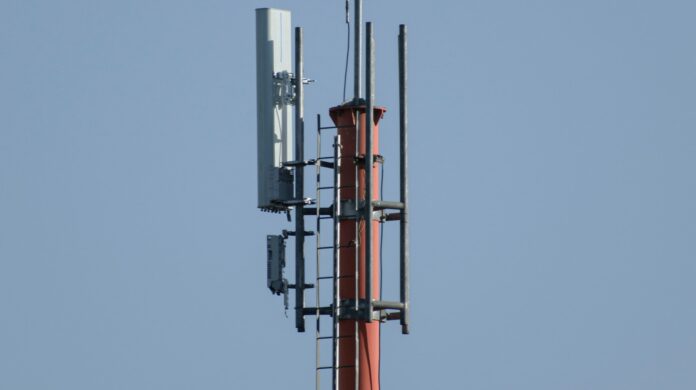Verizon’s 5G network has been touted as the future of cellular technology, promising lightning-fast speeds and revolutionary connectivity. However, some users have expressed frustration over why Verizon’s 5G can sometimes be slow.
It’s important to consider that not all devices are created equal when it comes to utilizing 5G capabilities. Older devices may lack the necessary hardware or software optimizations needed to fully harness the power of Verizon’s 5G network, resulting in slower speeds compared to newer models specifically designed for 5G connectivity.
While Verizon’s 5G holds immense promise for faster and more efficient communication, several factors such as signal strength, network congestion, and device compatibility can impact its speed performance. Understanding these variables can help shed light on why your Verizon 5G connection may occasionally appear slower than expected.
Verizon’s 5G Network: An Overview
The Evolution of Verizon’s 5G Network
Verizon, one of the leading telecommunications companies in the United States, has made significant strides in rolling out its 5G network. As technology continues to advance, so does the demand for faster and more reliable connectivity. However, some users have expressed concerns about the speed of Verizon’s 5G network and wonder why it may be slower compared to their expectations.
To understand the situation better, let’s delve into the evolution of Verizon’s 5G network. Initially, Verizon deployed a technology called millimeter wave (mmWave) for its early 5G rollout. While mmWave offers blazing-fast speeds and impressive capacity, it is limited by its short-range coverage and susceptibility to interference from physical obstacles such as buildings or even trees. This means that users may experience slower speeds or intermittent connections if they are not within close proximity to a mmWave tower.
Recognizing this limitation, Verizon is now expanding its 5G network using a different spectrum band known as low-band or sub-6 GHz. Unlike mmWave, low-band frequencies can travel further distances and penetrate obstacles more effectively. Although this provides wider coverage, it comes at the expense of slightly slower maximum speeds compared to mmWave.

Why Is Verizon 5G so Slow
Several factors can influence the speed experienced on Verizon’s 5G network. It is essential to consider these variables when trying to determine why your connection may be slower than expected:
- Distance from Cell Tower: The closer you are to a cell tower transmitting a strong signal, the faster your connection will likely be.Therefore, if you find yourself in an area with limited 5G coverage, it’s natural to experience slower speeds compared to when you are within a well-covered region.
- Obstacles and Interference: Physical obstructions like buildings or natural barriers can impede signals and result in slower speeds.
- Network Congestion: During peak usage times when many users are connected simultaneously, the network may experience congestion, leading to reduced speeds.
- Device Compatibility: Not all devices are created equal when it comes to 5G capabilities. Ensure that your device supports the specific frequency bands used by Verizon’s 5G network for optimal performance.
Improvements and Future Prospects for Verizon’s 5G Network
Verizon is continually working towards improving its 5G network and addressing the concerns surrounding its speed. As technology advances and infrastructure expands, we can expect several positive developments:
- Increased Coverage: By deploying low-band frequencies alongside mmWave, Verizon aims to provide wider coverage while maintaining faster speeds in densely populated areas.
- Network Optimization: Through ongoing optimization efforts, including upgrades to infrastructure and software enhancements, Verizon aims to deliver faster and more reliable connections across its entire 5G network.
- Advancements in Device Technology: As newer generations of devices are released with improved chipsets and antenna designs specifically tailored for enhanced 5G performance, users can look forward to maximizing their connection speeds. As Verizon continues to expand its 5G coverage and improve network capabilities, we can expect to see improvements in speed and performance over time.


